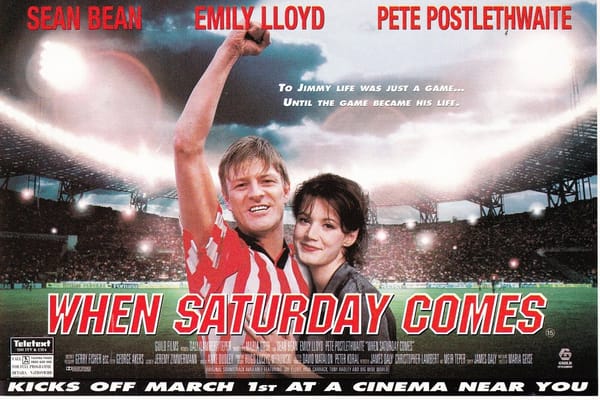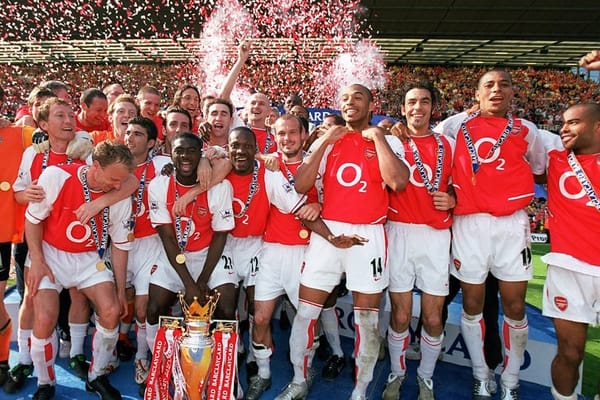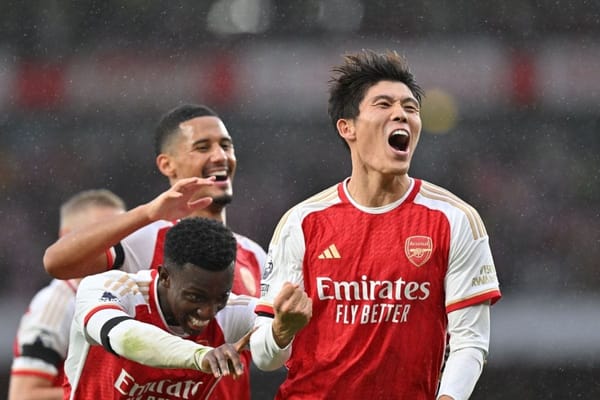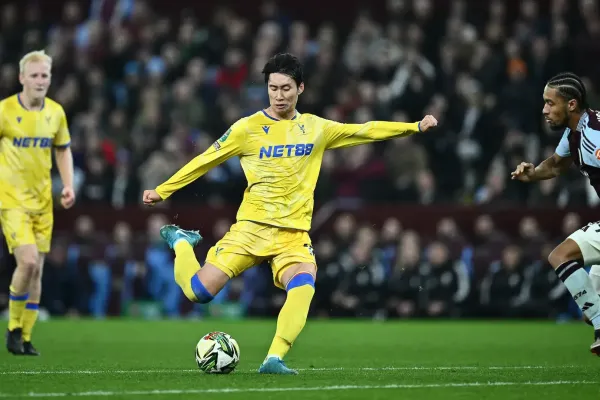Johan Cruyff: The Mastermind of Modern Soccer
"Playing football is very simple, but playing simple football is the hardest thing there is."
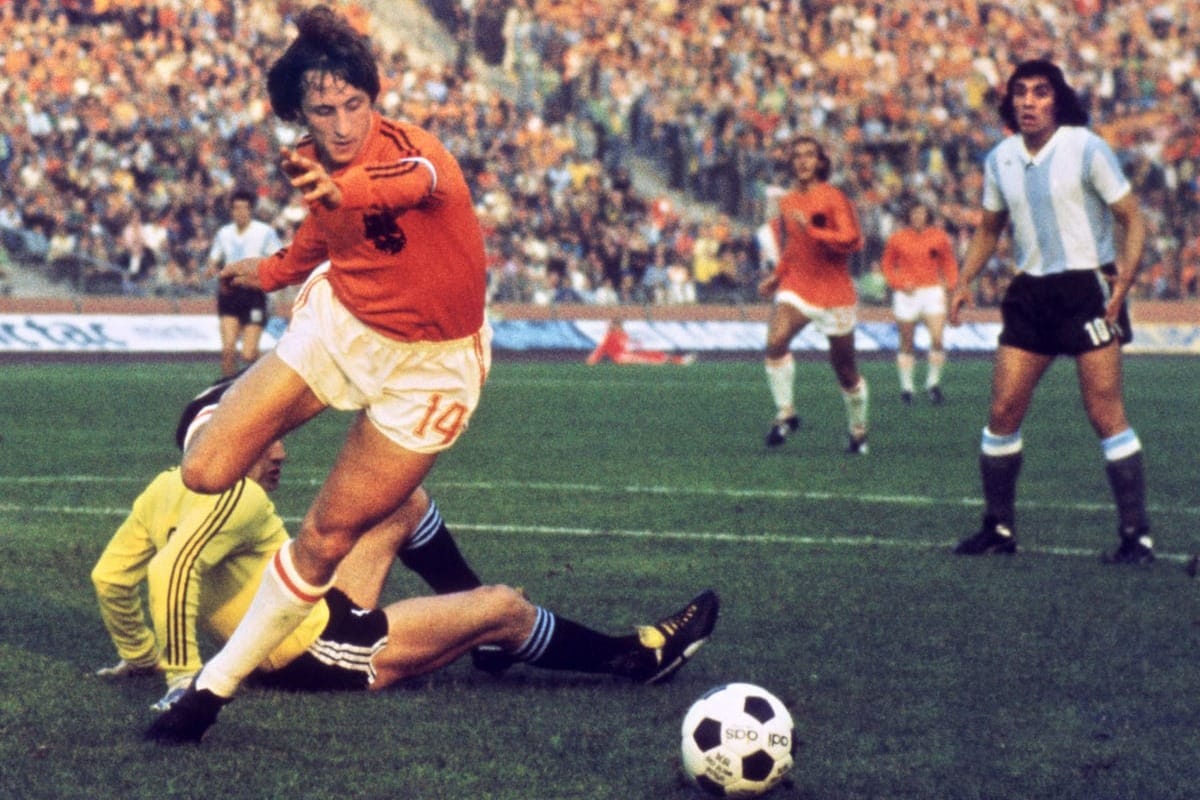
Key words
- Accolade: an award or praise given as a special honor
Winning the Player of the Year award was a great accolade for him.
- Driving force: the person or thing that motivates or pushes something forward
The manager’s leadership was the driving force behind the team’s success.
- Tactical: relating to careful planning to achieve a goal, especially in sports or military strategy
The coach made a tactical substitution in the second half to strengthen the defense.
- Anticipate: to expect or predict something before it happens
The goalkeeper anticipated the striker’s shot and made an incredible save.
- Indelible: impossible to forget or remove
Winning the championship left an indelible mark on the club’s history.
Comprehension Questions
- Which club did Johan Cruyff start his professional career with?
- What is "Total Football"?
- In what ways did Cruyff’s ideas shape modern soccer tactics?
- How did Cruyff contribute to society beyond soccer?
Johan Cruyff
Johan Cruyff, born in Amsterdam in 1947, revolutionized soccer with his intelligence and innovation. He began his professional career at Ajax, where he quickly became a star. During his time at the club, he won three European Cups and nine league titles, showcasing his exceptional talent and leadership on the field. Cruyff's impact was not limited to his individual accolades; he was the driving force behind Ajax’s dominance in European football during the early 1970s.
Total Football
Cruyff was the face of “Total Football,” a tactical philosophy that emphasized fluidity and teamwork. In this system, players constantly switch positions, making it difficult for opponents to defend against them. Cruyff’s speed, technique, and ability to read the game made him unstoppable. His vision allowed him to anticipate plays before they unfolded, creating opportunities for himself and his teammates.
After retiring as a player, Cruyff transitioned into coaching and left an indelible mark on the sport. At Barcelona, he created the “Dream Team,” leading the club to its first European Cup victory in 1992. He also laid the foundation for La Masia, Barcelona’s youth academy, which has produced numerous world-class players, including Lionel Messi. His emphasis on nurturing young talent changed how clubs approach player development.
Legacy
Cruyff’s ideas about possession, pressing, and attacking soccer influenced many coaches around the world, including Pep Guardiola, who credits Cruyff as a major inspiration in his own coaching philosophy. Beyond his contributions to soccer tactics, Cruyff founded the Cruyff Foundation to support sports for children with disabilities, demonstrating his commitment to social responsibility.
Though he died in 2016, Cruyff’s philosophies continue to shape modern soccer. He proved that creativity and strategy are as important as physical skill. His legacy endures not only through the trophies he won but also through the countless players and coaches who have embraced his vision of soccer as an art form.
Practice your English with football fans from around the world!
Discussion questions
- Do you have any questions about any of the vocabulary or grammar in this article?
- Do you agree that creativity and strategy are just as important as physical skill in soccer? Why or why not?
- Total Football requires players to be highly adaptable. Do you think this style would work in modern soccer? Why or why not?
- Cruyff emphasized developing young talent through La Masia. How important do you think youth academies are for the future of soccer?
- Cruyff also worked to support children with disabilities through his foundation. Do you think famous athletes have a responsibility to give back to society? Why or why not?
Improve your English by practicing with Martin today.



